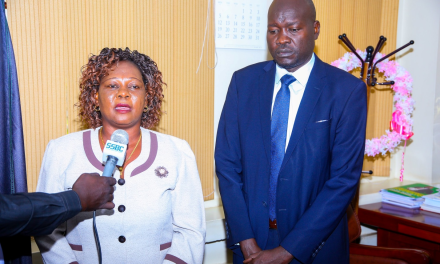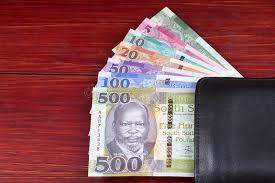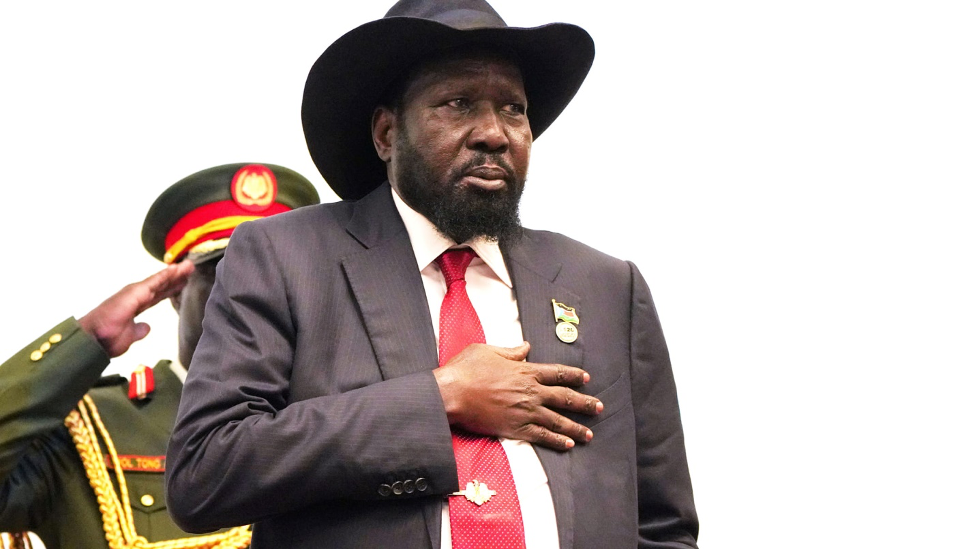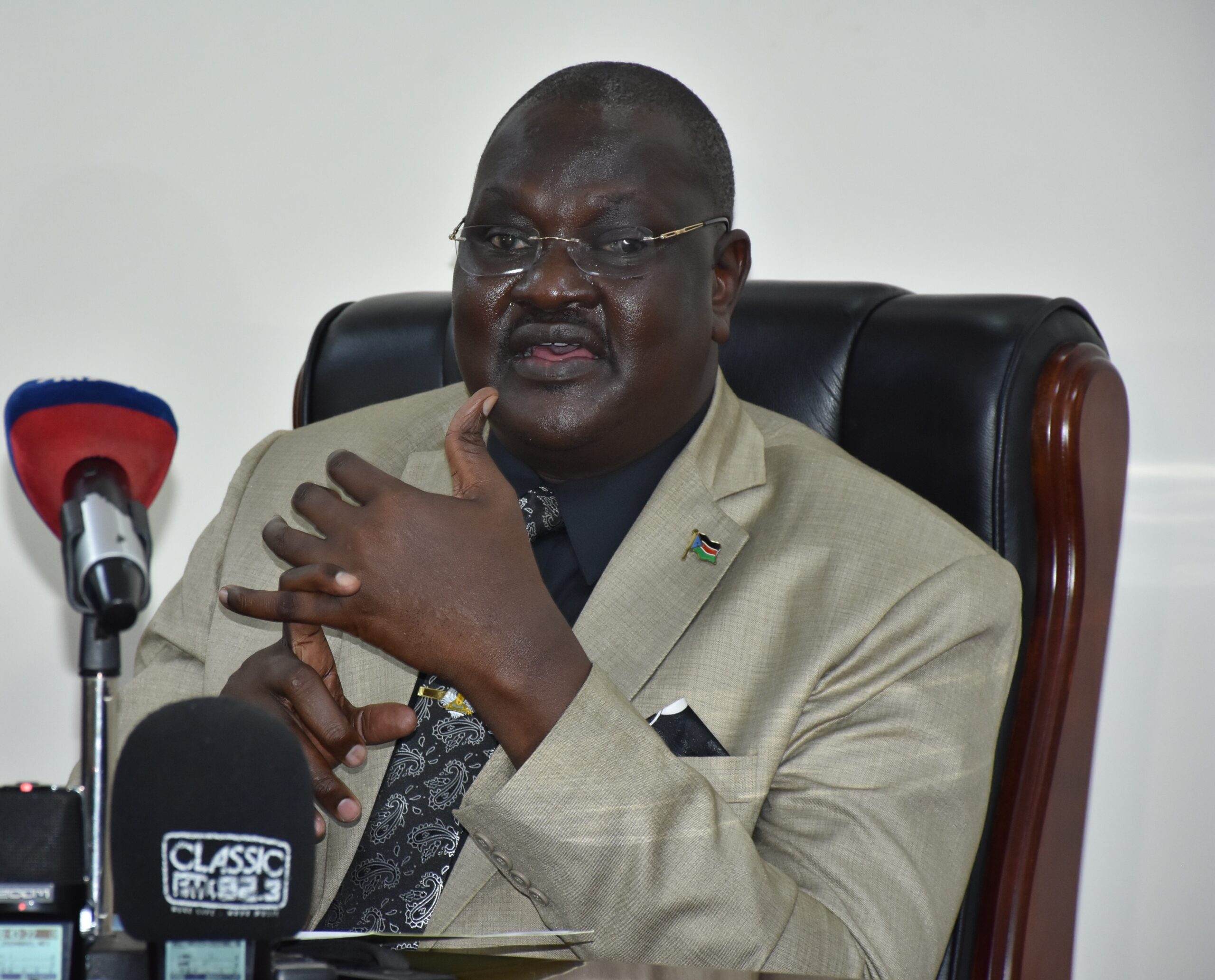
South Sudan slams UN human rights commission for political interference
The transitional unity government on Wednesday criticised the latest report before the UN Human Rights Council as a “fabricated lie” that doesn’t reflect the realities in the country.
Antony Kon, the Director General of Multilateral Relations in the Ministry of Foreign Affairs and International Cooperation, said that the draft version of the report, detailing widespread human rights violations and abuses, political repression, economic predation and sexual violence does not match the current improvement of the security situation in the country.
“Having read the report carefully, we have come up with some conclusions, first of all much of the report is unrealistic, it has nothing to do with the facts on the ground and we have found out that some of the things mentioned have nothing to do with the government,” Kon said during a press conference held in Juba.
“Some of the things mentioned are just minor issues but the people who wrote them wrote them from their own perspectives and the way they judge things either in other countries, but not in Africa,” he disclosed.
The UN Commission on Human Rights in South Sudan recently submitted the report before the 52nd Session of the Human Rights Council. The report is currently under deliberation starting from 26 till February 5 in Geneva.
“As South Sudan prepares to end it’s fragile political transition and to hold it’s first elections in December 2024, armed conflict and gross human rights violations persist. Millions of people have been displaced, deprived, traumatized, and continue to live in fear,” says an excerpt from the report.
It says that the transformative promises of the 2018 revitalized peace agreement remain unfulfilled, adding while elections can be moments of great societal opportunity, they also bring potential danger, as electoral grievances may trigger new violence or compound existing conflicts in an already fragile situation.
“Guaranteeing political and civic space for electoral competition and the participation of the citizens is necessary but must be underpinned by a permanent constitution, the establishment of rule of law institutions, including an independent judiciary, and credible security arrangement, especially the unification and deployment of security forces,” it adds.
South Sudan is due for it’s first national election in December 2024, which is expected to transition the youngest nation from conflict toward democratic governance.
Kon said that the report did not take into consideration efforts and progress made by the government in the implementation of the 2018 revitalized peace agreement, such as the implementation of the security arrangements, establishment of transitional justice institutions, permanent constitution-making process and judicial reforms.
“All of the foregoing is at the final phase of implementation, other reforms made include reconstitution of Political Parties Council, National Elections Commission and National Constitution Review Commission, all the related security laws and other laws as required by the Agreement have been drafted or amended,” he said.
Kon also noted that the report “undermines the status of South Sudan as a sovereign state” and a member of the United Nations family.
“It is a direct interference into internal affairs of South Sudan which is an affront to the leadership of this country,” he said.
Lawrence Loro Kamilo, Senior Legal Counsel of the Ministry of Justice and Constitutional Affairs, said that the Commission has veered off from it’s mandate by wading into governance affairs instead of human rights.
“What the Commission is writing is a mix of governance issues, it is a political tool, it is expanding its mandate, it is even requesting how the government should work, it is also asking government to amend it’s laws as per their understanding, it means they have exceeded and interfered with the sovereignty of South Sudan,” Kamilo said.
“This issue of depicting our women to be sex slaves is not indicating the areas where these things are happening, they are only giving examples of some few places, like the one of Pibor, the one of Jonglei and the one of Bentiu, how many women were raped during these incidents of communal violence, and how many women were abducted and how many were made sex slaves,” he added.





































